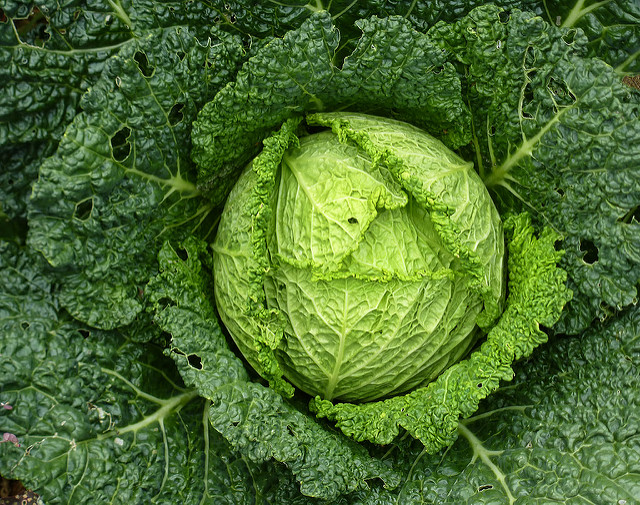A new cognitive study in Neurology suggests that people who eat green leafy vegetables on a daily basis are more likely to hold onto their memory than people who do not. The observational study, which does not show cause and effect, supports the value of the Mediterranean diet on memory and overall mental ability.
The study followed almost 1,000 people between the ages of 58 and 99 over an average of just under five years. Participants completed two or more cognitive assessments during this timeframe.
Researchers observed that the people who ate one or two portions of leafy vegetables, such as kale, spinach, collard greens and lettuce, each day had significantly better memory, spacial ability and perceptual speed than those who ate little or none of these leafy vegetables. Specifically, those eating about 1.3 portions of leafy greens on a daily basis had a mental ability 11 years younger in age than those who did not.
It appears that leafy greens’ nutrients, including vitamin K, nitrate, folate, beta carotene, phylloquinone, lutein, α-tocopherol, and kaempferol may be responsible in some significant way for preserving people’s mental health. But, beware. It’s not simply about the nutrients in the leafy greens. It’s about their formulation in the leafy greens.
Nicholas Bakalar reports for The New York Times that there is no evidence that these nutrients in supplements offer the same benefits as they do in leafy greens or any benefits at all. The study’s lead author says that you cannot convert the nutrients’ formulation in a leafy green into a pill.
What to make of this study? It’s hard to say since it is purely observational on a relatively small sample. But, why not eat more leafy greens? Unlike supplements which carry substantial risks of harm, eating more lettuce and kale appears to be smart nutrition.
Here’s more from Just Care:










